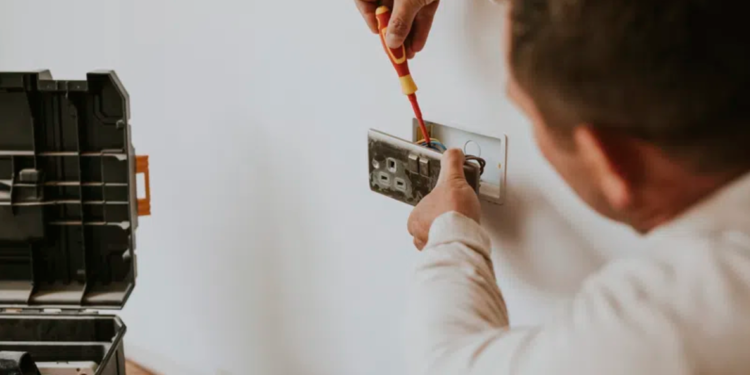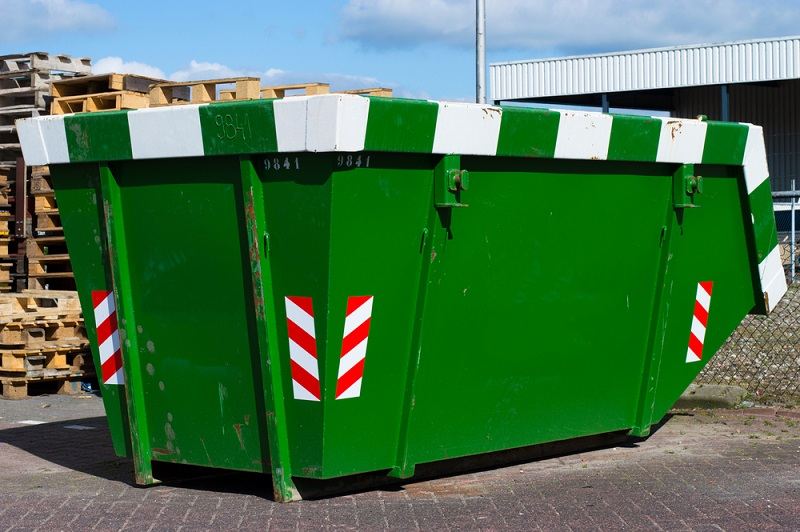According to the National Fire Prevention Association, electrical problems are the second most common reason for house fires in the Australia. A sizable number of these fires are started by electrical distribution, including wire and breaker boxes.This is a sobering number that may be reduced if households were more alert to the indicators of an old electrical system. Before reading the remainder of this page, get familiar with the warning signs of poor wiring in a home.
· Circuit breakers tripping often
· Observing exposed, frayed, or damaged wiring
· Managing lights that are flickering or dim
· Checking outlets for smoke or burn marks
· When you notice that your outlets are warm to the touch
· Having strange sounds, such as buzzing or sizzling,
· A residence with aluminium wiring that is older
Circuit Breakers Trip Frequently
An electrical circuit breaker frequently trips. This is especially true if you’re using the same circuit to power several appliances. At some time, there will undoubtedly be an overload. A red signal should be raised, nevertheless, if the circuit breakers trip frequently. Hire an experienced electrician from Electrician To The Rescue to do the job.
Your home’s electrical wiring may have a serious flaw, and an expert electrician can advise you to replace your electric panel completely. A typical electrical panel lasts 25 to 40 years. The electrical needs of modern dwellings can’t be met by outdated panels. Upgrade to a 200 amp electrical panel if you’re adding new equipment, such as a bigger refrigerator or hot tub.
Frayed Wiring
Frayed wire should never be ignored. Contact an electrician if you see frayed wire in a wall that has been exposed during remodelling work since this poses a risk of fire and shock.If you suspect that you have frayed wiring in your home or workplace, it is important to have it inspected and repaired by a qualified electrician from Electrician To The Rescue as soon as possible.
In the meantime, you can take steps to reduce the risk of fire or other hazards, such as avoiding using the affected electrical outlets or devices and turning off the power to the affected area if possible.
Light Dimming
Your lights may flicker on and off when there is a strong thunderstorm or windy conditions. It’s possible that a tree branch hit a neighbouring electrical wire. Your home’s electrical wiring may need to be updated if your lights start to flicker on a regular day. The growing energy needs of your house could be too much for the outdated wiring to handle.
Tobacco and Outlet Smoke-stained electrical outlet colouring. Don’t wait to take action if you notice smoke in your house or can smell it. Fire is present everywhere there is smoke. If you look into the matter further, you can find evidence of harm as well. Burn marks on an outlet should draw your notice right away. An arc might be produced by slack wiring within the outlet. Be cautious to disconnect all of your appliances until an electrician gets there to be on the safe side.
Vibrant, Warm Outlets
Vibrant, warm outlets could be a sign of an electrical issue that requires immediate attention. Warm outlets may indicate that there is an electrical overload or an electrical short circuit, which can cause a fire hazard. In some cases, the warm outlet could be caused by a loose connection, which can cause arcing, sparking, and overheating.
If you notice that an outlet is warm or hot to the touch, you should immediately unplug any devices connected to it and turn off the power to that outlet from the circuit breaker. Do not use the outlet again until a licensed electrician has inspected and repaired it.
Weird noises coming from outlets and fixtures
Your ears may be able to detect a potential wiring issue. Frequently, a buzzing or sizzling sound can be heard coming from an outlet by homeowners. Electric noises can also be made by light fixtures. Even while changing the bulb could fix the problem, you can’t rule out poor wiring as the real cause.
Weird noises coming from outlets and fixtures can be a sign of an electrical problem that requires attention. Some common noises that you may hear include buzzing, humming, crackling, or popping sounds. These noises can be caused by a variety of issues, including loose connections, faulty wiring, or issues with electrical components such as switches or outlets.
Old Aluminium Wiring
It’s time to upgrade the wiring in your home if it was constructed in the late 1960s or early 1970s. Aluminium wire was a common element of dwellings at the time. Unfortunately, studies show that buildings with aluminium wiring have a greater than 50-fold increased risk of fire damage. Because copper wiring can withstand heat better, it is safer.
Remember that electricity can be dangerous, and it is always best to seek professional help rather than attempting to troubleshoot electrical issues on your own. A licensed electrician can identify the source of the problem and make any necessary repairs to ensure that your electrical system is safe and functional.








